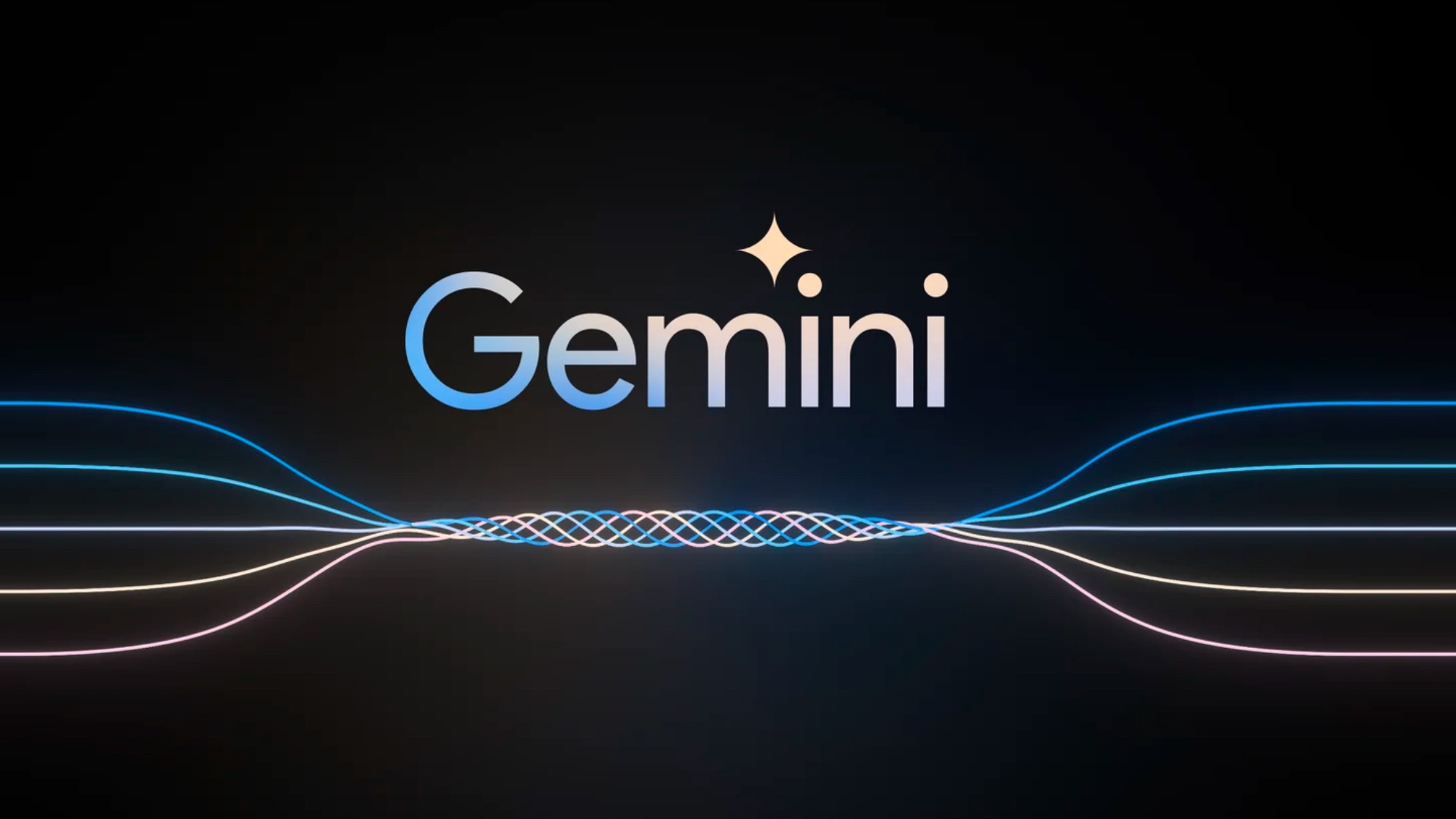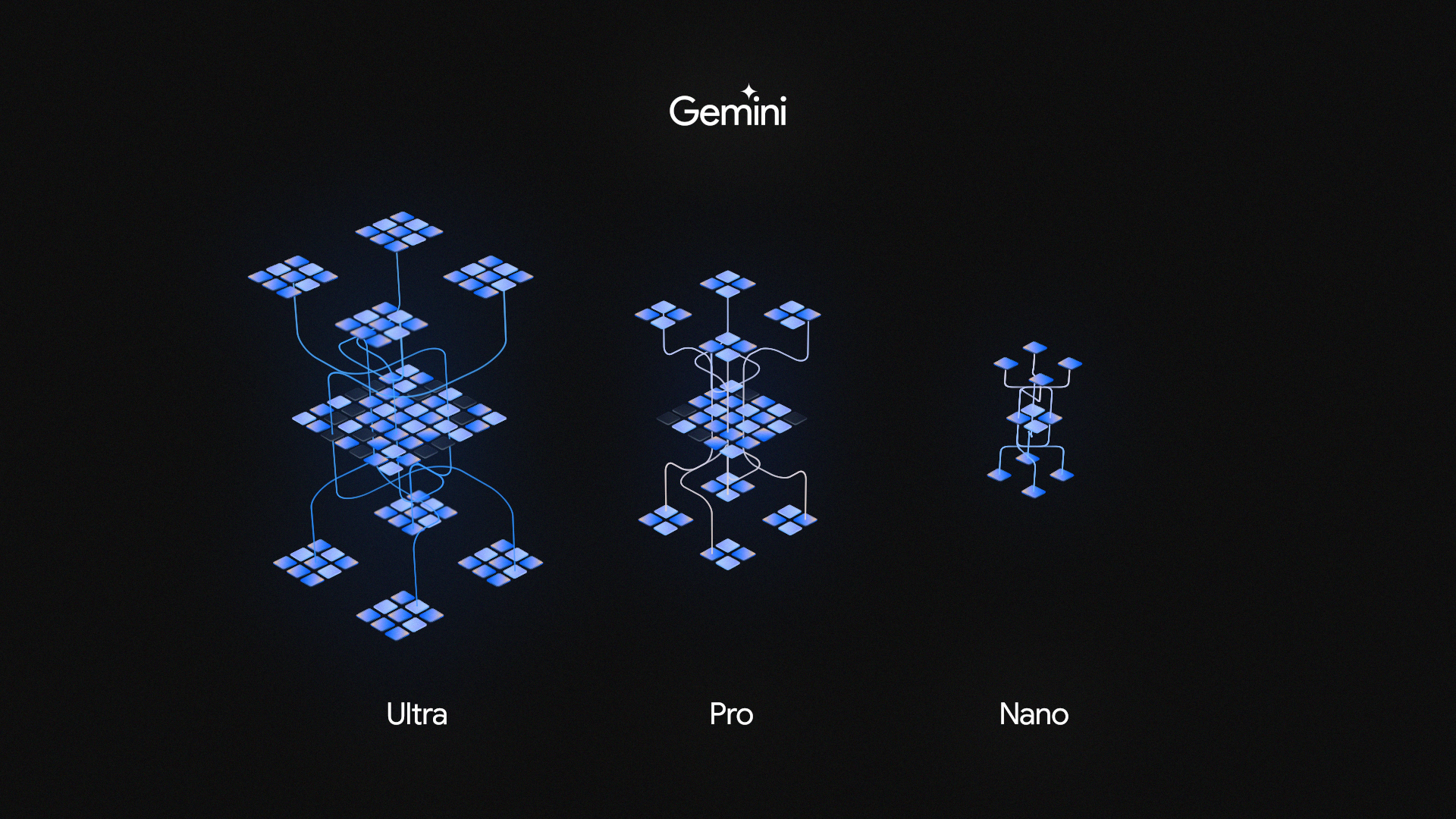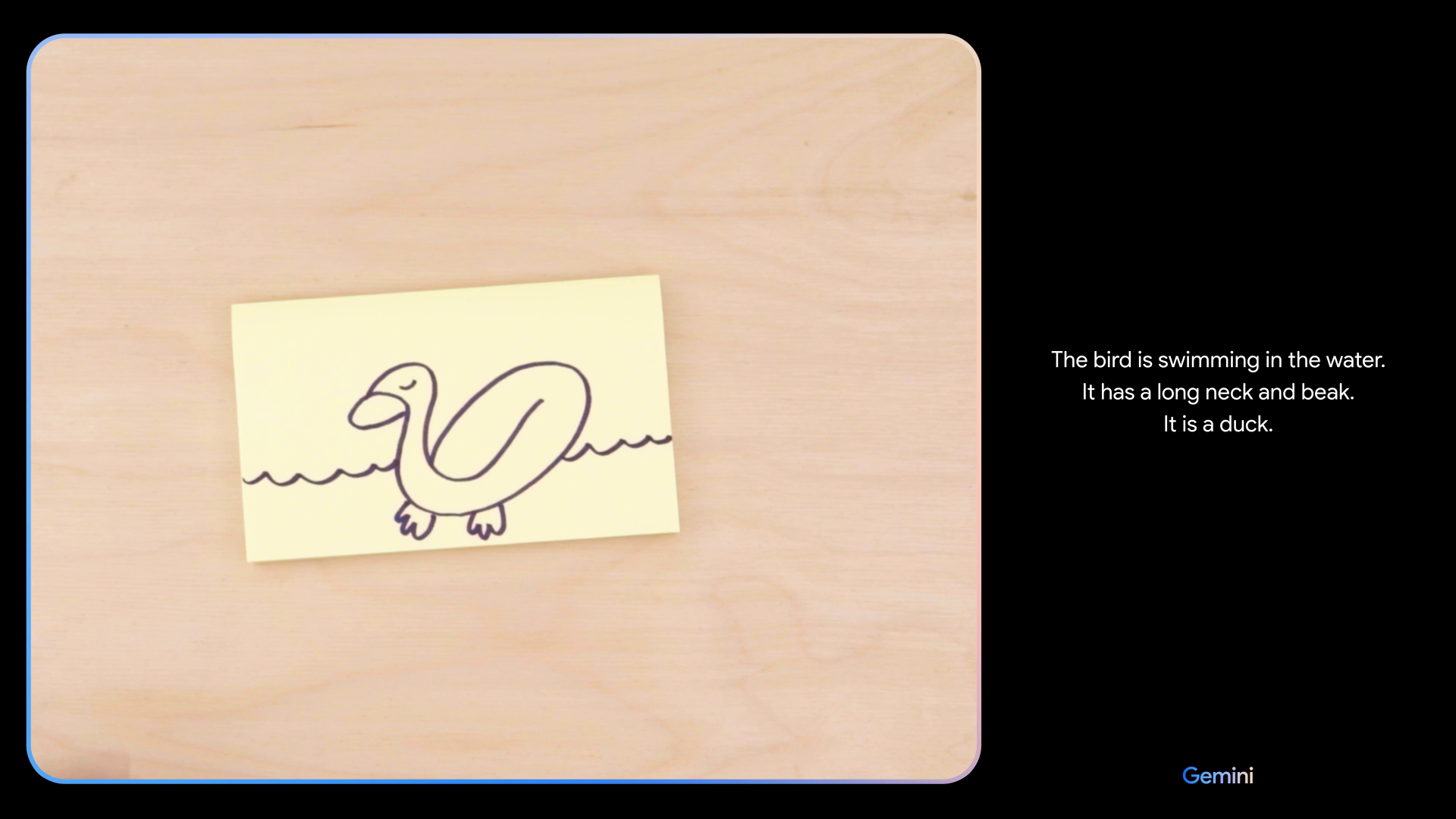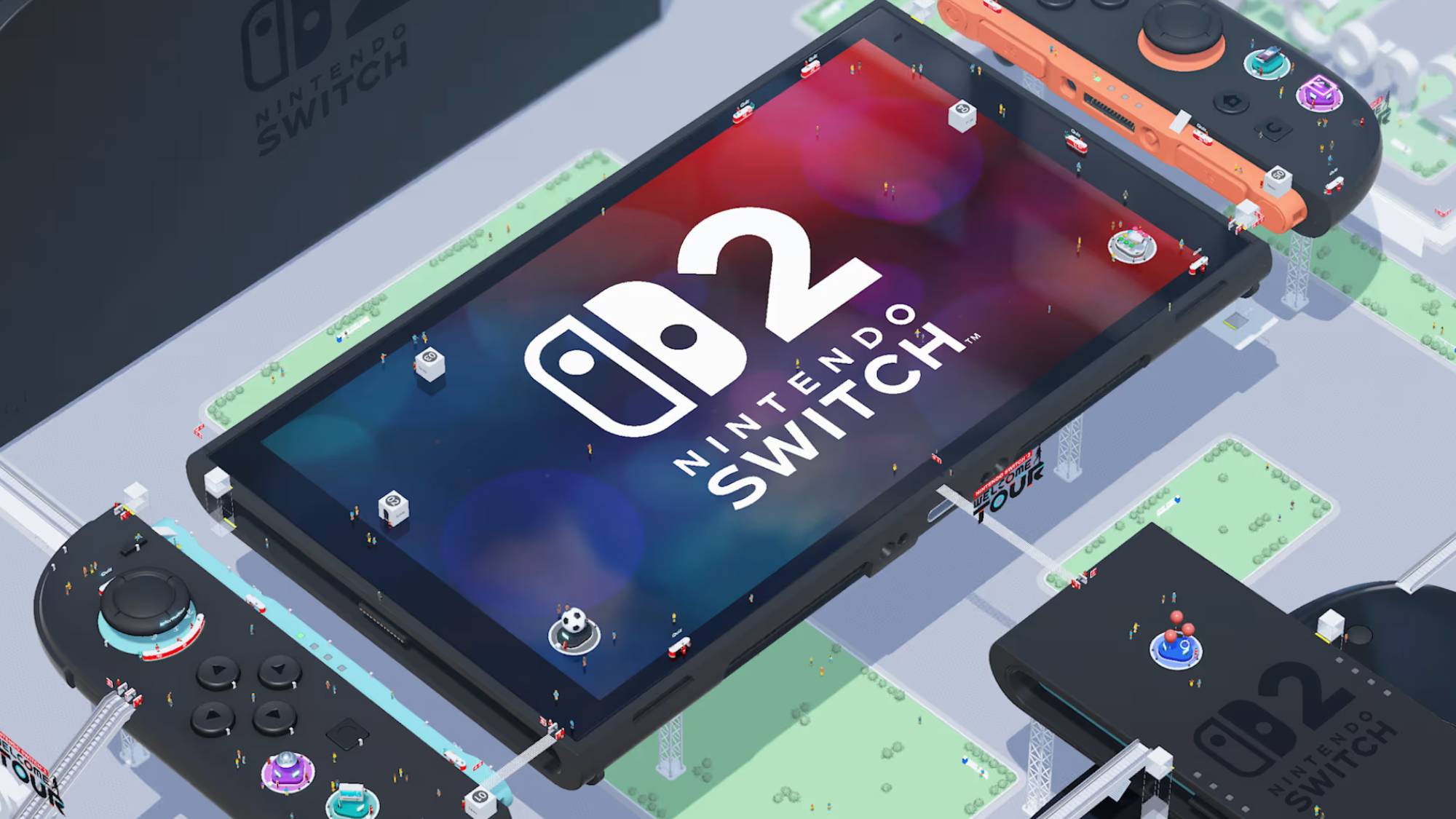Google unveils Gemini AI for Bard chatbot — and it could beat ChatGPT
Bard is getting a big boost

Here at Tom’s Guide our expert editors are committed to bringing you the best news, reviews and guides to help you stay informed and ahead of the curve!
You are now subscribed
Your newsletter sign-up was successful
Want to add more newsletters?

Daily (Mon-Sun)
Tom's Guide Daily
Sign up to get the latest updates on all of your favorite content! From cutting-edge tech news and the hottest streaming buzz to unbeatable deals on the best products and in-depth reviews, we’ve got you covered.

Weekly on Thursday
Tom's AI Guide
Be AI savvy with your weekly newsletter summing up all the biggest AI news you need to know. Plus, analysis from our AI editor and tips on how to use the latest AI tools!

Weekly on Friday
Tom's iGuide
Unlock the vast world of Apple news straight to your inbox. With coverage on everything from exciting product launches to essential software updates, this is your go-to source for the latest updates on all the best Apple content.

Weekly on Monday
Tom's Streaming Guide
Our weekly newsletter is expertly crafted to immerse you in the world of streaming. Stay updated on the latest releases and our top recommendations across your favorite streaming platforms.
Join the club
Get full access to premium articles, exclusive features and a growing list of member rewards.
Google is bringing its next-generation artificial intelligence model Gemini to its Bard chatbot from today. The company says it will significantly improve both the performance and reasoning ability of Bard — giving it the ability to understand images, text, code, audio and video natively.
There was some speculation it would be delayed due to issues with understanding certain languages, and the new version will only be available in English. However, during a press call, Google told reporters it worked well across multiple languages.
Google launched its Bard chatbot eight months ago as an experiment and in response to the success of ChatGPT. This is the third model to underpin the tool since it launched, starting with LaMDA, upgrading to PaLM 2 in the summer when it launched, and now Gemini.
Sissie Hsiao, VP for Google Bard, said that in blind evaluations with third-party testers, Bard came out as the most preferred free chatbot.
What is Gemini?

Gemini is split into three versions: Nano which will run on mobile devices, Pro which is being used to power Bard, and Ultra which will launch next year and power a new Bard Advanced.
Google says Gemini Pro performs as well as or better than GPT-3.5, the model from OpenAI that powers the free version of ChatGPT. It wouldn’t be drawn on how Gemini Ultra compares to GPT-4, only stating it outperforms “all models out there” on key benchmarks.
“Gemini can understand the world around us in the way that we do and can absorb any type of input and output. Not just text like most models but also code, audio, image, and video,” said Demis Hassabis, CEO of Google DeepMind.
Get instant access to breaking news, the hottest reviews, great deals and helpful tips.
How will it change Bard?
Bard has been gradually improved since its launch, with the addition of some multimodal features like analyzing the contents of an image. It's also gained extensions allowing it to check flights, review the contents of a YouTube video or check your emails.
With Gemini it becomes something completely new. While it might not look any different on the surface, under the hood will be a more powerful engine that, according to Google, will have better capabilities across the board — at least on par with the free version of ChatGPT.
It has been built on top of a fine-tuned version of Gemini Pro in English, with other languages coming in the new year. This improves its reasoning, planning, and understanding capabilities over the previous version built on PaLM 2.
The initial release will only work with text-based prompts but as Gemini was built from the ground up to be multimodal other media will come next year.
What's Next? Bard Advanced

At some point next year Google is rolling out a new version of its chatbot called Bard Advanced. It isn’t yet clear whether this will be a paid service along the same lines as ChatGPT Plus but it will be powered by Gemini Ultra, the most powerful version of the AI model.
Gemini Ultra was built for “highly complex tasks and to quickly understand and act on different types of information,” running on the most powerful chips in Google’s network of data centers
In blind evaluations with our third-party raters, Bard is now the most preferred free chatbot compared to leading alternatives.
Sissie Hsiao, VP for Google Bard
Google says Bard Advanced will provide access to the full capabilities of Gemini Ultra but first there needs to be more safety checks and testing. “This aligns with the bold and responsible approach we’ve taken since Bard launched,” said Hsiao.
“With Gemini, we’re one step closer to our vision of making Bard the best AI collaborator in the world,” she added. “We’re excited to keep bringing the latest advancements into Bard, and to see how you use it to create, learn and explore.”
Gemini is also coming to Google Workspace through Duet AI early next year. This will allow for more detailed generated text and images with Docs, Sheets and Slides. The company is also experimenting with it in Search to speed up results and allow more complex queries.
More from Tom's Guide
- Nothing Chats just got pulled from Google Play store over security concerns
- Hackers now spreading Mac malware via fake browser updates — don’t fall for this
- Best Black Friday streaming deals now— Hulu, Paramount Plus, Max and more

Ryan Morrison, a stalwart in the realm of tech journalism, possesses a sterling track record that spans over two decades, though he'd much rather let his insightful articles on AI and technology speak for him than engage in this self-aggrandising exercise. As the former AI Editor for Tom's Guide, Ryan wields his vast industry experience with a mix of scepticism and enthusiasm, unpacking the complexities of AI in a way that could almost make you forget about the impending robot takeover.
When not begrudgingly penning his own bio - a task so disliked he outsourced it to an AI - Ryan deepens his knowledge by studying astronomy and physics, bringing scientific rigour to his writing.
 Club Benefits
Club Benefits





